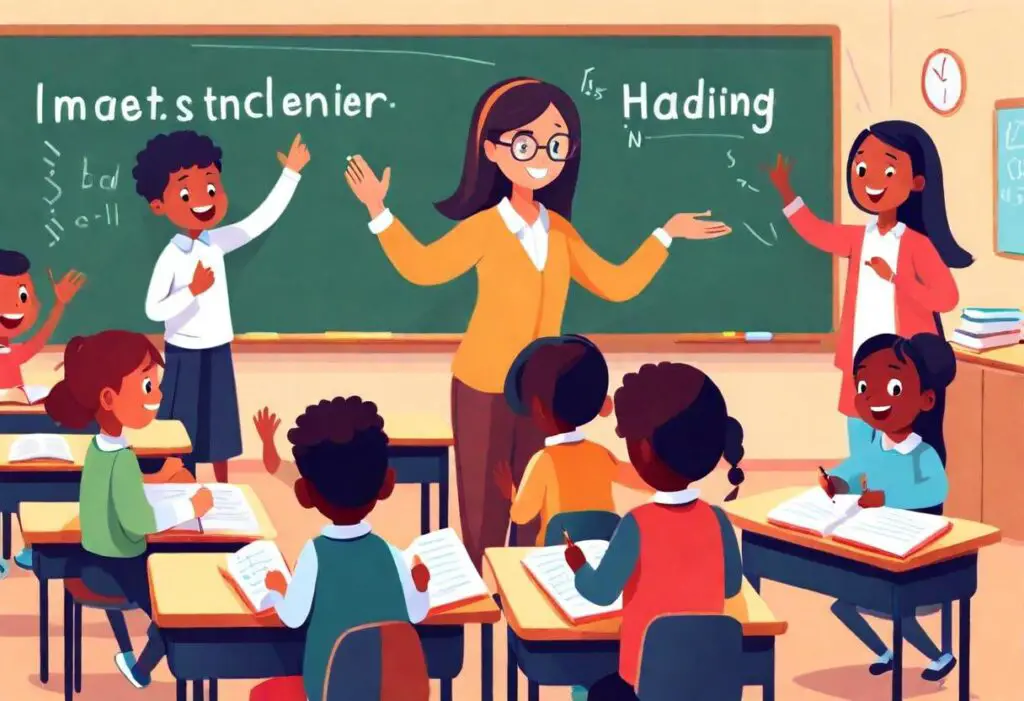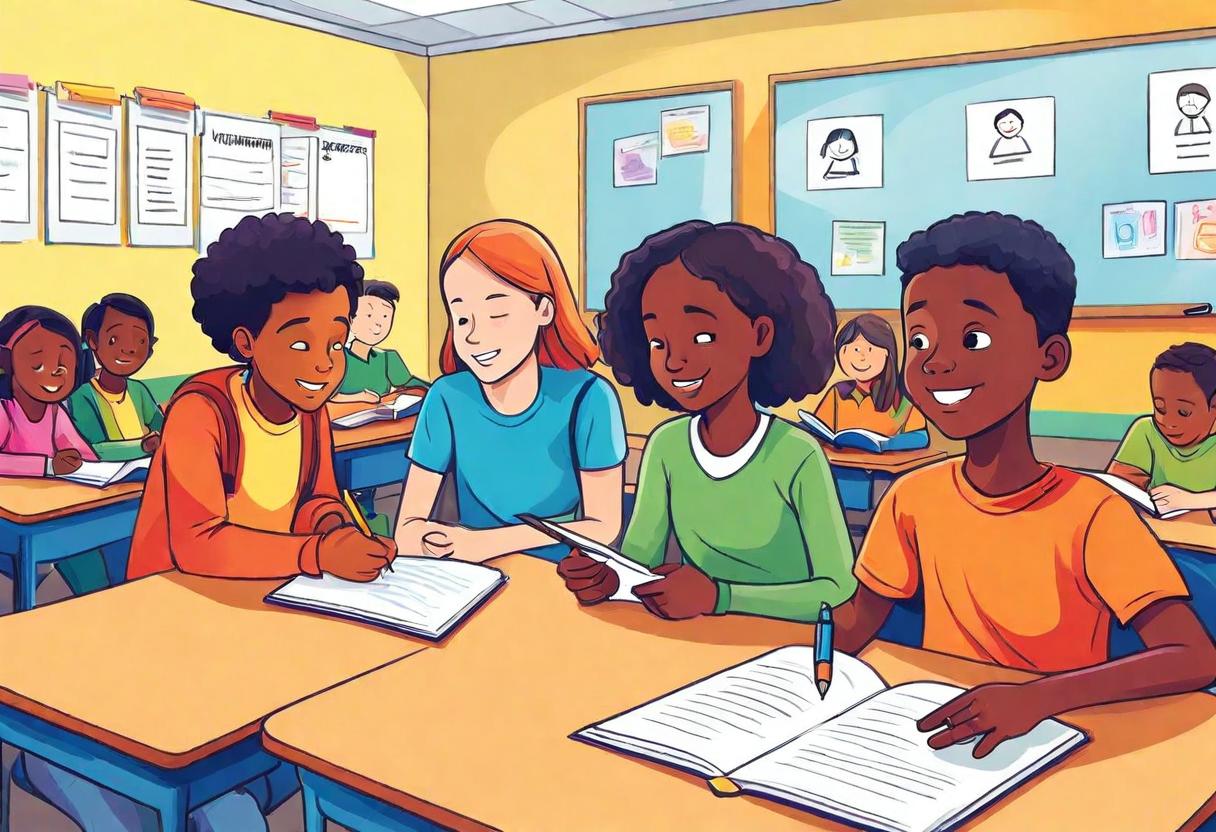Understanding the continuous tenses in English grammar is essential for expressing ongoing actions and states clearly. This article expands on the continuous tenses, and their usage, and provides examples to illustrate their application. We especially will discuss the present continuous tenses along with past and future. Present Continuous Tense
Introduction to Continuous Tenses:
The continuous tenses in English grammar describe actions that are in progress at a particular time, This article focuses on the present continuous tense, past continuous, and future continuous tenses. By understanding how to use these tenses, you can effectively communicate actions that are ongoing in the present, were ongoing in the past, and will be ongoing in the future. Let’s discuss the Present Continuous Tense:
Present Continuous Tense:
Usage of Present Continuous Tense:
Actions Happening Now: It is used to talk about actions happening at the moment of speaking.
- Example: She is reading a novel.
Temporary Actions: It describes temporary activities that are not necessarily happening right now.
- Example: They are living in New York for a few months.
Future Plans: It indicates planned future events.
- Example: We are meeting them at 6 PM tomorrow.

Formula of Present Continuous Tense:
Subject + am/is/are + present participle (verb + -ing)
Examples of Present Continuous Tense:
- She is reading a book.
- They are playing soccer in the park.
- He is working on a new project.
- We are eating breakfast now.
- The store is opening at 9 AM today.
- Birds are flying in the sky.
- Water is boiling on the stove.
- He is speaking English fluently right now.
- The train is arriving at the station.
- She is loving the new music album.
Past Continuous Tense:
Usage of Past Continuous Tense:
The past continuous tense describes actions that were in progress at a specific point in the past.
Actions in Progress in the Past: It is used to talk about actions that were happening at a particular time in the past.
- Example: They were visiting London last summer.
Interrupted Actions: It describes actions that were interrupted by another action.
- Example: She was cooking dinner when the phone rang.
Background Actions in Narratives: It provides background actions in stories or narratives.
- Example: He was reading a book while she was watching TV.
Formula of Past Continuous:
Subject + was/were + present participle (verb + -ing)
Examples of Past Continuous Tense:
- She was reading a book last night.
- They were playing soccer when it started to rain.
- He was working in the bank last year.
- We were eating breakfast at 7 AM.
- The store was opening its doors when we arrived.
- Birds were flying south for the winter.
- The water was boiling when I turned off the stove.
- He was speaking English fluently during the meeting.
- The train was arriving at 6 PM.
- She was loving the concert until it was interrupted.
Future Continuous Tense:
Usage of Future Continuous Tense:
The future continuous tense describes actions that will be in progress at a specific point in the future.
Actions in Progress in the Future: It is used to talk about actions that will be happening at a particular time in the future.
- Example: We will be traveling to Paris next month.
Scheduled Future Actions: It describes future events that are scheduled.
- Example: I will be meeting him at the conference.
Predicted Ongoing Actions: It predicts actions that will be ongoing in the future.
- Example: They will be studying all night for the exam.
Formula of Future Continuous:
Subject + will be + present participle (verb + -ing)
Examples of Future Continuous Tense:
- She will be reading a book tomorrow.
- They will be playing soccer next Sunday.
- He will be working in a bank next year.
- We will be eating breakfast at 7 AM.
- The store will be opening at 9 AM.
- Birds will be flying in the sky.
- Water will be boiling on the stove.
- He will be speaking English fluently at the conference.
- The train will be arriving at 6 PM.
- She will be loving the new show.
Signal Words for Continuous Tenses:
Each continuous tense has specific signal words that indicate its usage:
- Present Continuous: now, right now, at the moment, currently, today, this week, etc.
- Past Continuous: when, while, as, at that moment, all day, all night, etc.
- Future Continuous: tomorrow, next week, at this time, in the future, by then, etc.
Examples of Present Continuous Tense:
- Now: She is walking to school now.
- Right now: He is playing the guitar right now.
- At the moment: They are going to the cinema at the moment.
- Currently: I am drinking coffee currently.
- Today: We are having lunch together today.
Examples of Past Continuous Tense:
- When: She was calling her friend when I arrived.
- While: They were visiting their grandparents while we were traveling.
- As: He was finishing his homework as she started hers.
- At that moment: We were watching a movie at that moment.
- All day: She was studying all day yesterday.
Examples of Future Continuous Tense:
- Tomorrow: She will be meeting her friend tomorrow.
- Next week: They will be starting their new job next week.
- At this time: He will be finishing the project at this time next month.
- In the future: We will be living in a new house in the future.
- By then: I will be traveling to Japan by then.
Differences Between Continuous Tenses:
Understanding when to use each continuous tense helps in clear communication of ongoing actions:
- Present Continuous: Used for actions happening now or temporary situations.
- Past Continuous: Used for actions that were ongoing in the past.
- Future Continuous: Used for actions that will be ongoing in the future.
Examples:
- She is running right now.
- They were playing chess when I saw them.
- He will be going to work at 9 AM tomorrow.
- We are having dinner at the moment.
- The water was boiling when I checked.
- The Earth is rotating around the Sun right now.
Common Mistakes in Continuous Tenses:
Incorrect Use of Verb Forms:
Confusion between continuous forms (verb + -ing) or using base forms instead of continuous forms.
Examples:
- Incorrect: She was go to the store yesterday.
- Correct: She was going to the store yesterday.
- Incorrect: He will be goes to the meeting tomorrow.
- Correct: He will be going to the meeting tomorrow.
- Incorrect: They was catching the ball easily.
- Correct: They were catching the ball easily.
- Incorrect: I will be sees the doctor next week.
- Correct: I will be seeing the doctor next week.
Misuse of Signal Words:
Incorrect usage of time indicators for each tense.
Examples:
- Incorrect: She is reading a book yesterday. (Present continuous with past time indicator)
- Correct: She was reading a book yesterday.
- Incorrect: They were playing soccer every day. (Past continuous with present time indicator)
- Correct: They are playing soccer every day.
- Incorrect: He will be finishing his homework last night. (Future continuous with past time indicator)
- Correct: He was finishing his homework last night.
- Incorrect: We are eating breakfast tomorrow. (Present continuous with future time indicator)
- Correct: We will be eating breakfast tomorrow.
Practice Exercises:
To reinforce understanding, here are some practice sentences:
- She _ (read) a book every day.
- They _ (play) soccer on Sundays.
- He _ (work) in a bank last year.
- We _ (eat) breakfast at 7 AM.
- The store _ (open) at 9 AM.
- Birds _ (fly) in the sky.
- She _ (read) a book last night.
- They _ (visit) their grandparents last week.
- He _ (finish) his homework yesterday.
- We _ (watch) a movie yesterday.
- I _ (travel) to Japan next year.
- She _ (run) every morning.
- They _ (play) chess on Saturdays.
- He _ (go) to work at 9 AM.
- We _ (have) dinner at 7 PM.
- The company _ (be founded) in 1995.
- I _ (meet) him at the party yesterday.
- It _ (rain) tomorrow.She _ (be) a great doctor someday.
- They _ (travel) to Italy next summer.
Note: Give your answers in reply.
Identify the tense used in the sentence:
- She is reading a book every day. ( )
- They are playing soccer on Sundays. ( )
- He was working in a bank last year. ( )
- We will be eating breakfast at 7 AM. ( )
- The store is opening at 9 AM. ( )
- Birds are flying in the sky. ( )
- She was reading a book last night. ( )
- He was finishing his homework yesterday. ( )
- They were playing soccer on Sundays. ( )
- I will be traveling to Japan next year. ( )
- It will be raining tomorrow. ( )
Note: Give your answers in reply.
Conclusion:
Mastering continuous tenses is crucial for effective communication in English. By understanding their usage, recognizing signal words, and practicing their
application, you can improve your language skills and express yourself clearly in both spoken and written English.
This article has provided an in-depth exploration of present continuous, past continuous, and future continuous tenses, focusing on their definitions, usage, examples, and common errors. Practice these tenses regularly to strengthen your grasp of English grammar and enhance your communication abilities.
Feel free to adjust the content to better fit your needs!
